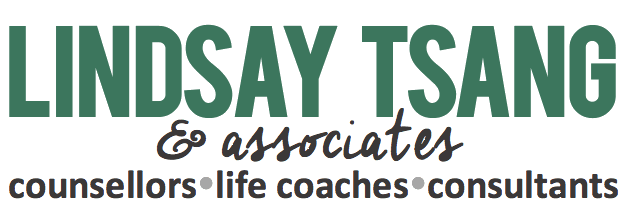Trauma and PTSD Therapy
Find Effective Tools to Cope with Recent or Past Trauma
When you go through a scary or traumatic event it is normal for your body to react in “fight or flight” mode. These responses help us to survive in threatening situations--but how do we change those responses once we reach safety?
Four Surprising things about PTSD:
- There are many different types of trauma. These include generational trauma, attachment disruption and childhood trauma, and disturbing life events.
- Trauma affects the whole person mentally, physically, emotionally and spiritually. Even though this is true it can look different for each person.
- If you are still noticing symptoms a few months after a traumatic event, you may be experiencing PTSD.
- Not every person who has experienced a dangerous situation will have PTSD. Not everyone with PTSD has experienced a traumatic event. In some cases symptoms develop through second hand exposure (such as hearing distressing details from a witness).
Some possible symptoms of trauma and PTSD:
✔ Distressing thoughts from the past
✔ Persistent negative mood
✔ Having hard time with concentration and focus
✔ Having nightmares, flashbacks or reliving traumatic events
✔ Avoiding thoughts about the trauma
✔ Loss of sleep and/or appetite
✔ Loss of interest in things I usually enjoy
✔ Being hypervigilant or defensive
✔
Loss of control when I think of difficult memories
ARE YOU SICK OF THE FIGHT, FLIGHT OR FREEZE RESPONSE?
With the right approach you can begin to overcome the lingering effects of trauma and PTSD. Our team is here to help.


